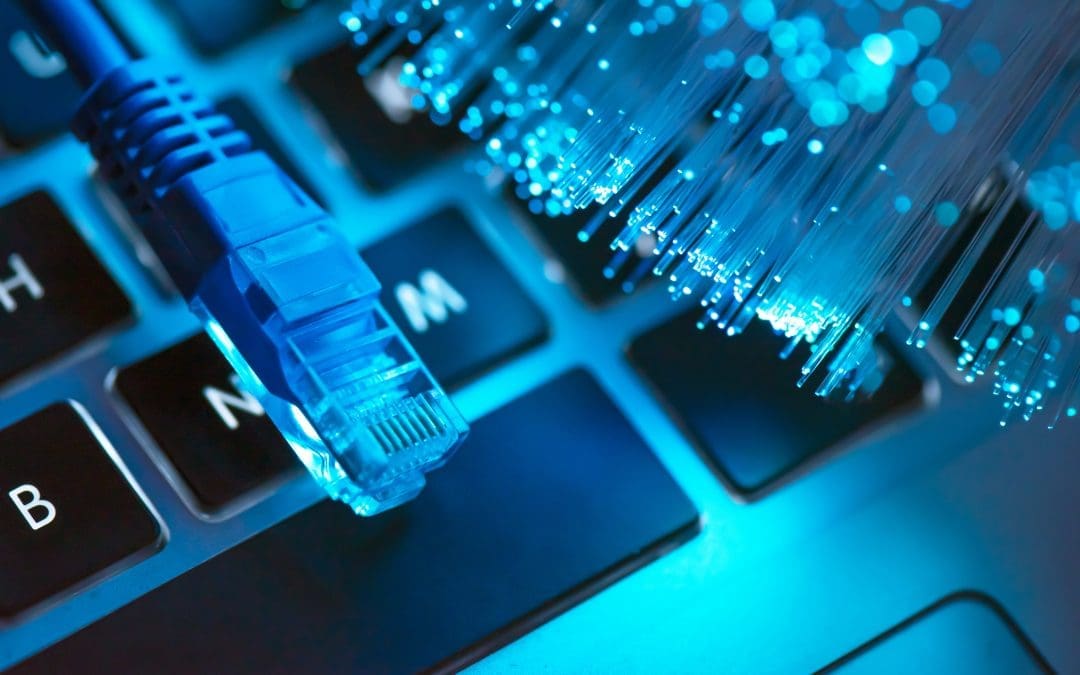Tel: 0755-21001642 Email: sales@headway-cn.com
- All
- Product Name
- Product Keyword
- Product Model
- Product Summary
- Product Description
- Multi Field Search
Views: 0 Author: Site Editor Publish Time: 2024-06-11 Origin: Site
 YES, THERE IS A DIFFERENCE BETWEEN 5G AND FIBER INTERNET. THE MAIN DIFFERENCE BETWEEN THE TWO IS HOW THEY SEND AND RECEIVE DATA. THEY CAN ALSO BE DIFFERENTIATED BY THEIR INTERNET SPEED, BANDWIDTH CAPABILITY AND INTERFERENCE.
YES, THERE IS A DIFFERENCE BETWEEN 5G AND FIBER INTERNET. THE MAIN DIFFERENCE BETWEEN THE TWO IS HOW THEY SEND AND RECEIVE DATA. THEY CAN ALSO BE DIFFERENTIATED BY THEIR INTERNET SPEED, BANDWIDTH CAPABILITY AND INTERFERENCE.5G transports data via internet towers to maintain their connection online, while fiber optic lines are made up of several small glass wires or plastic cables. These cables are housed within a layer of cladding that protects the individual strands and acts as a conduit for data transfer.
5G utilizes radio waves sent over the air to transmit data. These are sent to phone towers located in your city. The fifth-generation network technology is considerably faster than the fourth generation (4G) but is more sensitive to environmental interference, such as storms and electrical charges in the air.
The benefits of choosing 5G include:
Reliability: Due to reliance on multiple cell towers, 5G can maintain a signal even if one tower is damaged.
Security: 5G features end-to-end encryption for your data, which prevents interference between devices.
There are potential downsides to 5G internet. For example, your speed may depend on your proximity to a cell tower or node, which means that certain rural areas will deal with reduced speeds or 5G may not be available at all. The quality of your connection may also be impacted by how close you are to the nearest 5G node.
Currently, 5G is most readily available in highly populated areas like major cities. If you are close to a 5G node you may experience better and faster upload and download speeds, potentially up to 20 Gbps. If you’re farther away, you are likely to deal with variable speeds that may impact your internet browsing.
Users may notice their phone switching between 4G and 5G networks depending on their proximity to a node and which network provides better connectivity based on factors like proximity or obstructions.
Fiber internet utilizes a wired connection that sends data via light signals. It stands out above other internet options because it has virtually unlimited bandwidth and low latency. It is also very difficult to interfere with the signal because it is corded, and this provides some protection that wireless internet options do not benefit from.
Fiber internet wired connections can deliver reliable, fast internet service with consistent upload and download speeds. It is more reliable than DSL internet because fiber optic cables are more efficient than copper.
Physical fiber internet as a means of delivering connectivity to a specific location is separate from Wi-Fi delivered to an area via a router. For the average consumer user or business, fiber internet comes into a building through a modem which can then be connected to a Wi-Fi router. Users then access fiber internet on their devices by connecting to the Wi-Fi network.
Benefits of choosing fiber internet include:
Multi-device connection without the risk of throttled speeds
High-quality video streaming
Lag-free streaming for gamers
Latency-free internet connections for high-volume users
Connections are less prone to electrical interference thanks to the protective coating around fiber optic wires
Reaches up to 100 Gbps speed
For most households and businesses, 5G is not a better internet solution than fiber. This is because wired internet connections, like fiber optic cables, can provide maximum speed and unlimited bandwidth while maintaining quality internet connections across multiple devices. Cost for subscribing to 5G versus fiber optics may also be a factor depending on service provider.
5G outranks 4G connectivity when network connections are stable, but neither compare favorably to fiber. This is especially true if you are a high-volume data user, or your business relies on cloud-based software for information sharing.
Whether fiber internet or 5G is best for you will depend on a variety of factors. You may want to consider:
Your average internet use
The number of devices you plan to have connected at one time
Your location
Your budget
5G is fast, reliable and best for those located near 5G cellular towers so they can benefit from increased speeds. For users who are accessing the internet via their smartphone while away from home or their office, 5G is usually ideal.
Fiber internet has virtually unlimited bandwidth, manages multiple devices without throttling speed and is available wherever fiber optic cables can be installed. For users who want the fastest upload and download speeds, gamers and those who rely on cloud technology for data sharing, fiber internet is the best choice.
If you’re looking for the fastest, most reliable internet connection for your household or business in Northern California or Oregon, Hunter Communications has you covered. We’re a trusted residential internet provider that specializes in fiber optic internet connectivity. We offer multiple plans to meet your unique needs and will help you to select a package that works for you.